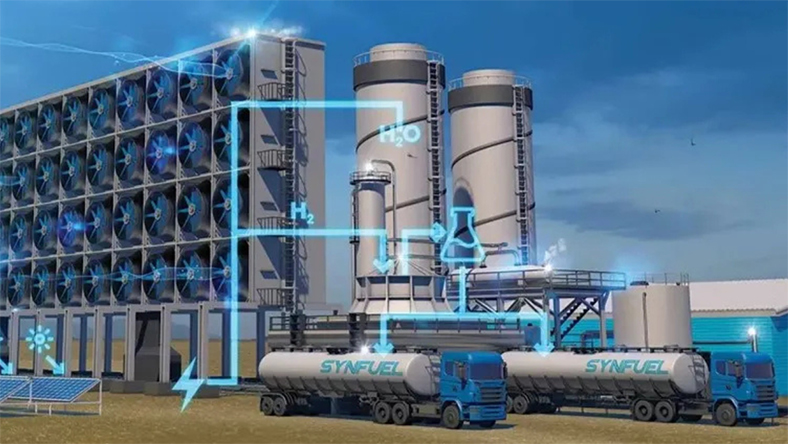REGULATORY
Can California’s Fuel Shift Spark a Global Trend?
LCFS update tightens carbon limits, reshaping markets and fueling the next wave of low-carbon innovation.
13 Aug 2025

California has approved significant revisions to its Low Carbon Fuel Standard, setting tougher carbon limits for petrol and diesel while signalling a firmer regulatory stance on clean energy. The amendments, effective from July 1, are designed to push producers toward verifiable reductions in emissions and reinforce the state's role as a policy leader.
The sharper benchmarks expand opportunities for fuels with lower carbon intensity, such as renewable diesel, ethanol, synthetic fuels and sustainable aviation fuel. While these categories are not given preferential treatment, their relative competitiveness grows as the thresholds decline.
Compliance enforcement has also been strengthened. If a producer's verified carbon intensity exceeds its certified pathway, the difference will now be multiplied by four in calculating deficits. The approach places a premium on accurate measurement, transparent reporting and investment in lifecycle emissions systems.
A further change is the removal of a planned cap on credit prices. Regulators said preserving market flexibility would help sustain investor confidence. Analysts expect the move to support financing for projects with secure access to renewable electricity and low-carbon feedstocks.
Officials at the California Air Resources Board argued that credibility depends on measurable outcomes rather than projections. "The program's integrity rests on results, not promises," the agency said.
The new framework is likely to influence fuel policy outside the state. Other jurisdictions in the US and abroad have studied California's model, and the tighter standards may accelerate interest in similar schemes. The adjustments are also expected to spur development of synthetic fuels, carbon capture and other technologies as aviation and shipping industries face growing pressure to decarbonise.
Critics have warned that smaller producers could struggle with the heavier compliance burden. Supporters counter that ambitious targets are necessary to achieve meaningful cuts in greenhouse gas emissions.
Over the coming years, the rules are set to act as a test of which producers can combine innovation with strict compliance. For many in the sector, California's decision marks not just a local adjustment but a signal that the global contest for clean fuel leadership is intensifying.
Latest News
13 Aug 2025
Can California’s Fuel Shift Spark a Global Trend?7 Aug 2025
Can $50 Carbon Capture Fuel the Future?25 Jul 2025
Can Galveston Become America's Green Fuel Port?19 Jul 2025
Why Airlines Are Turning to Blockchain for Green Fuel
Related News

REGULATORY
13 Aug 2025
Can California’s Fuel Shift Spark a Global Trend?

RESEARCH
7 Aug 2025
Can $50 Carbon Capture Fuel the Future?

INNOVATION
25 Jul 2025
Can Galveston Become America's Green Fuel Port?
SUBSCRIBE FOR UPDATES
By submitting, you agree to receive email communications from the event organizers, including upcoming promotions and discounted tickets, news, and access to related events.